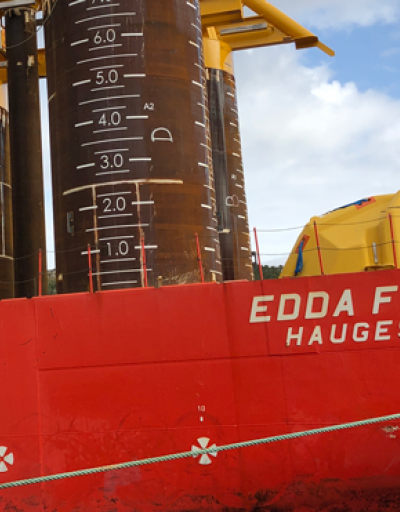Of the four members of the European Free Trade Association (chapter 11), all but Liechtenstein have participated in the European Union’s (EU) Horizon 2020 research programme. Norway and Iceland are expected to maintain their status of ‘full association’ with its successor, Horizon Europe. Switzerland’s own status will depend on the outcome of ongoing negotiations with the EU on a comprehensive institutional framework agreement.
Norway, Iceland and Switzerland have bold ambitions to achieve carbon neutrality by 2030, 2040 and 2050, respectively. Norway and Iceland have high carbon taxes and are expanding the electrification of road transportation. They are also piloting groundbreaking projects in carbon capture and storage, one being the first industrial-sized project of its kind and the other having successfully stored carbon dioxide in subsurface basaltic rocks. A significant challenge for Norway will be to reconcile the goal of carbon neutrality with plans to intensify oil exploration.

Iceland’s innovative Policy and Action Plan 2017–2019 evokes Industry 4.0 and extends the concept of economic growth to ‘quality growth’. It emphasizes the role that research and development (R&D) can play in ensuring ‘quality growth’ by taking into account the potential negative impact of technologies on future users.
Swiss firms invest about 7% of their turnover in R&D, the highest ratio in the world. However, the bulk of these firms operate in the pharmaceutical and chemicals sector. Should these multinational corporations decide to take their business elsewhere, Switzerland would lose the heart of its research enterprise. This vulnerability has spawned policy efforts to nurture start-ups and small and medium-sized enterprises, including a tax reform in favour of research-intensive companies and the opening of the Swiss Innovation Park in 2016, which extends to companies specializing in advanced manufacturing, smart buildings and robotics.
Swiss firms are increasingly conducting basic research and Switzerland has performed well in obtaining grants from the European Research Council, which is known for its pedigree in basic research. Finding a balance between basic and mission-oriented research remains a challenge for all four countries.
- Figure 11.1: Socio-economic trends in EFTA countries
- Figure 11.2: Trends in research expenditure and personnel in EFTA countries
- Figure 11.3: Trends in scientific publishing in EFTA countries
- Figure 11.4: Number of IP5 patents granted to EFTA countries, 2015–2019
- Figure 11.5: Development focus of the Swiss Innovation Park






